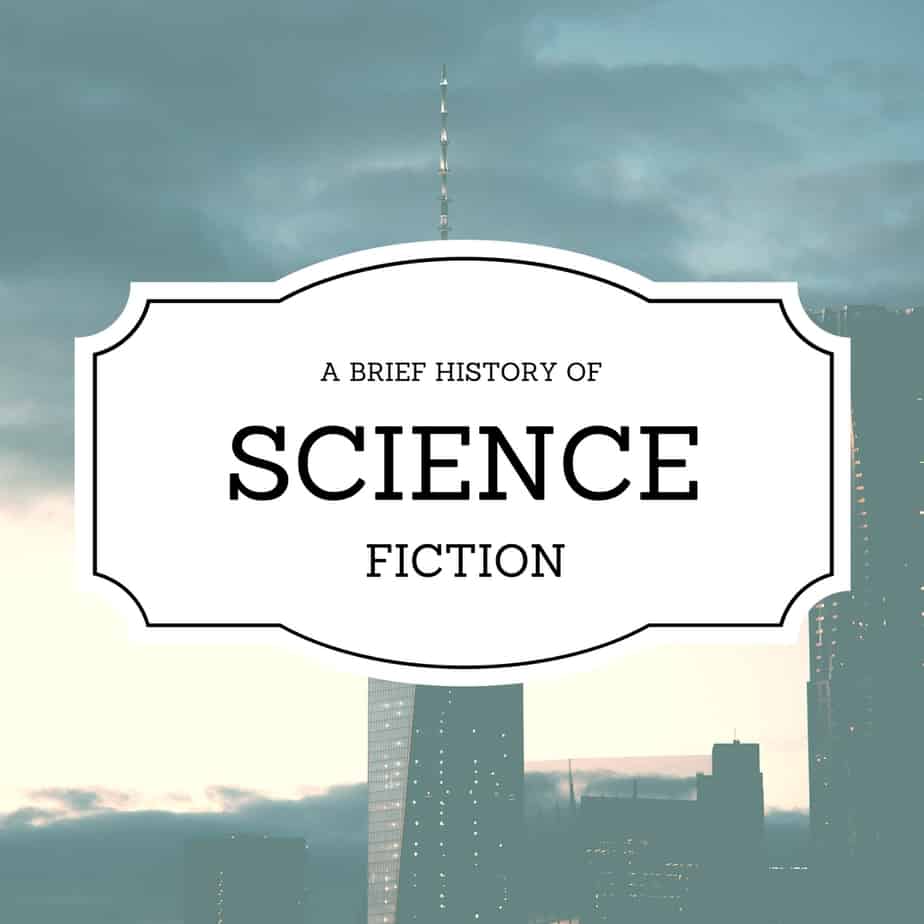-
Thidwick The Big-Hearted Moose by Dr Seuss Analysis
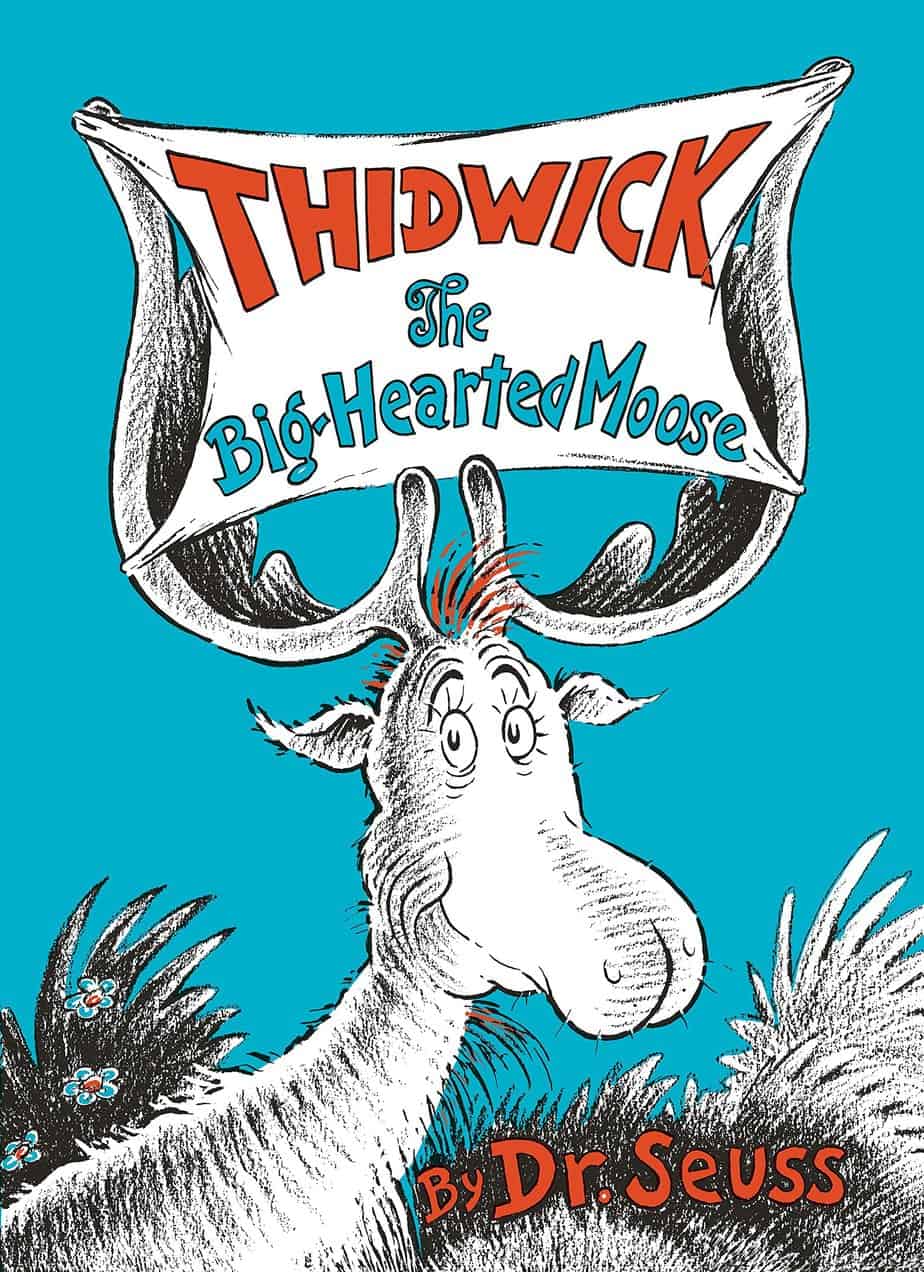
Theo Geisel had a thing for antlers. In the mid-nineteen thirties, Theodor Geisel was a fledgling author and artist, operating as an illustrator for New York advertisement agencies. His father, superintendent of parks in Springfield, Mass., from time to time sent him antlers, expenditures and horns from deceased zoo animals. Geisel stored them in a […]
-
Rats In Children’s Literature
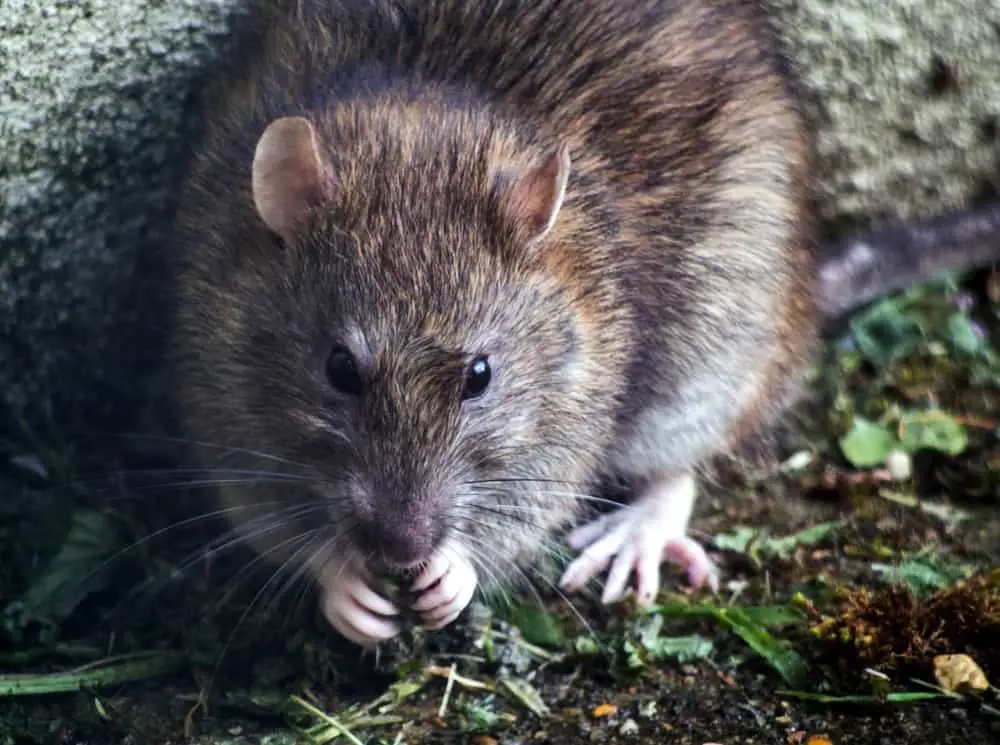
I’m reminded of modern children’s literature, in which an underdog, much maligned character has his/her own back. It’s pretty funny until you read the top commenter, pointing out that the rat probably has toxoplasmosis, a disorder of the brain. On the other hand, mice and rats alike aren’t timid at all when you consider how small […]
-
Pig Tale by Helen Oxenbury (1973) Analysis
Pig Tale is a 1973 picture book by Helen Oxenbury. I’ve already taken a close look at The Three Little Wolves and the Big Bad Pig, which is one of my favourite picturebooks of all time. That was written by Eugene Trivizas and illustrated by Helen Oxenbury, probably because she already had a reputation for […]
-
The Three Billy Goats Gruff Fairytale Analysis
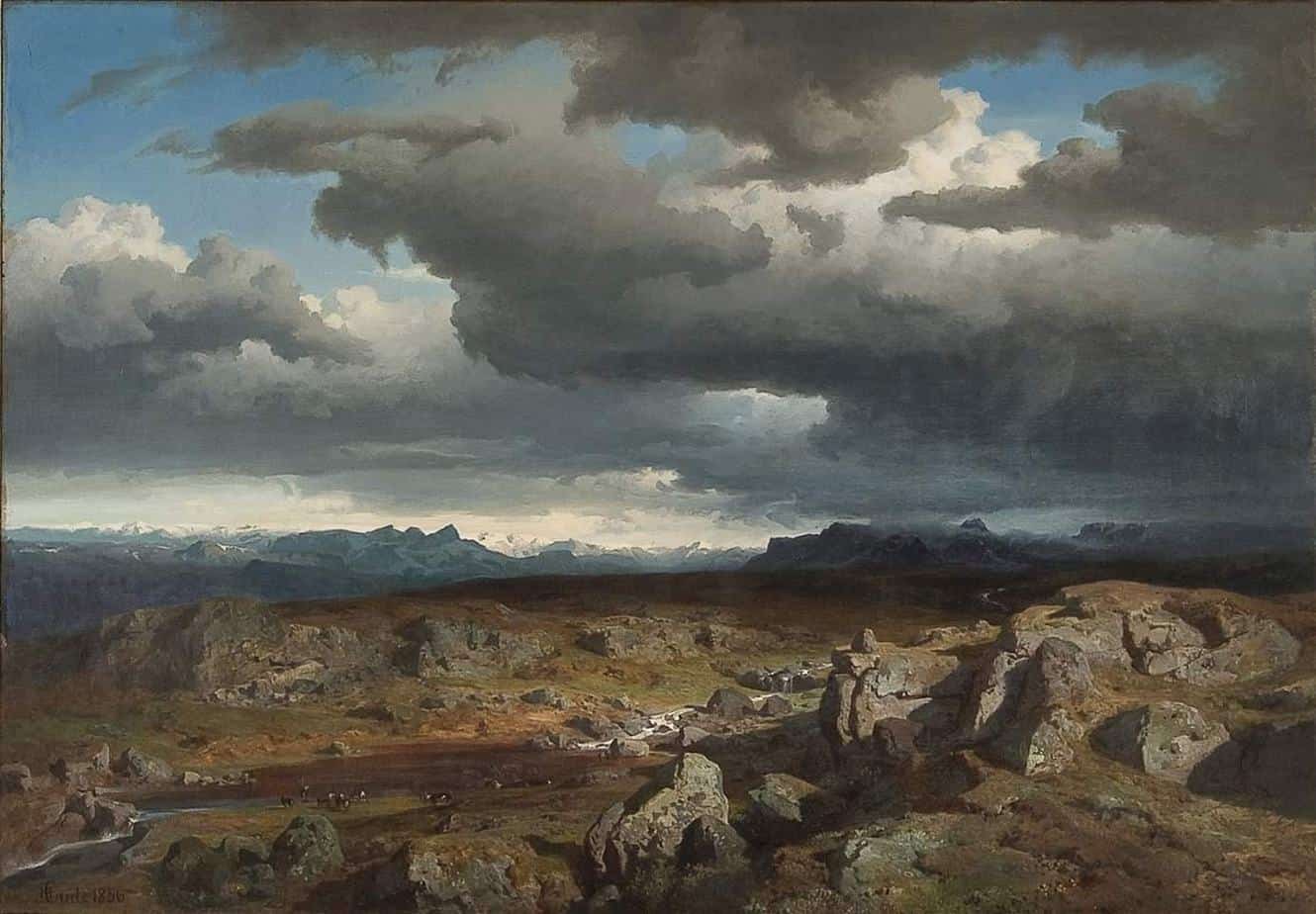
Can you guess which country this “eat-me-when-I’m-fatter” produced this fairytale? I’ll drop some clues: Yes, it’s Norway. Rudin has a good sense of rhythm, and has retained all the things that are fun about this story as a read-aloud, but I feel the point of it is lost. WHERE TO HEAR THIS STORY I also recommend […]
-
The Useless Donkeys by Lydia Pender and Judith Cowell (1979) Analysis
The Useless Donkeys is a 1979 picture book written by Lydia Pender and illustrated by Judith Cowell. At first I thought The Useless Donkeys was going to be a more realistic, earlier version of Walter The Farting Dog in which an adult threatens to get rid of a family pet, but over the course of […]
-
The Best Quiet Children’s Films
By ‘quiet’ I mean the anti-DreamWorks of yak-yak. The following films will help a child to feel calm rather than revved up. These quiet movies are set close to nature, feature classical soundtracks relatively little (if any) dialogue. (For some reason the mother is usually absent.) Please bear in mind that by ‘quiet’ I don’t necessarily […]
-
Writing Activity: Describe A Living Room
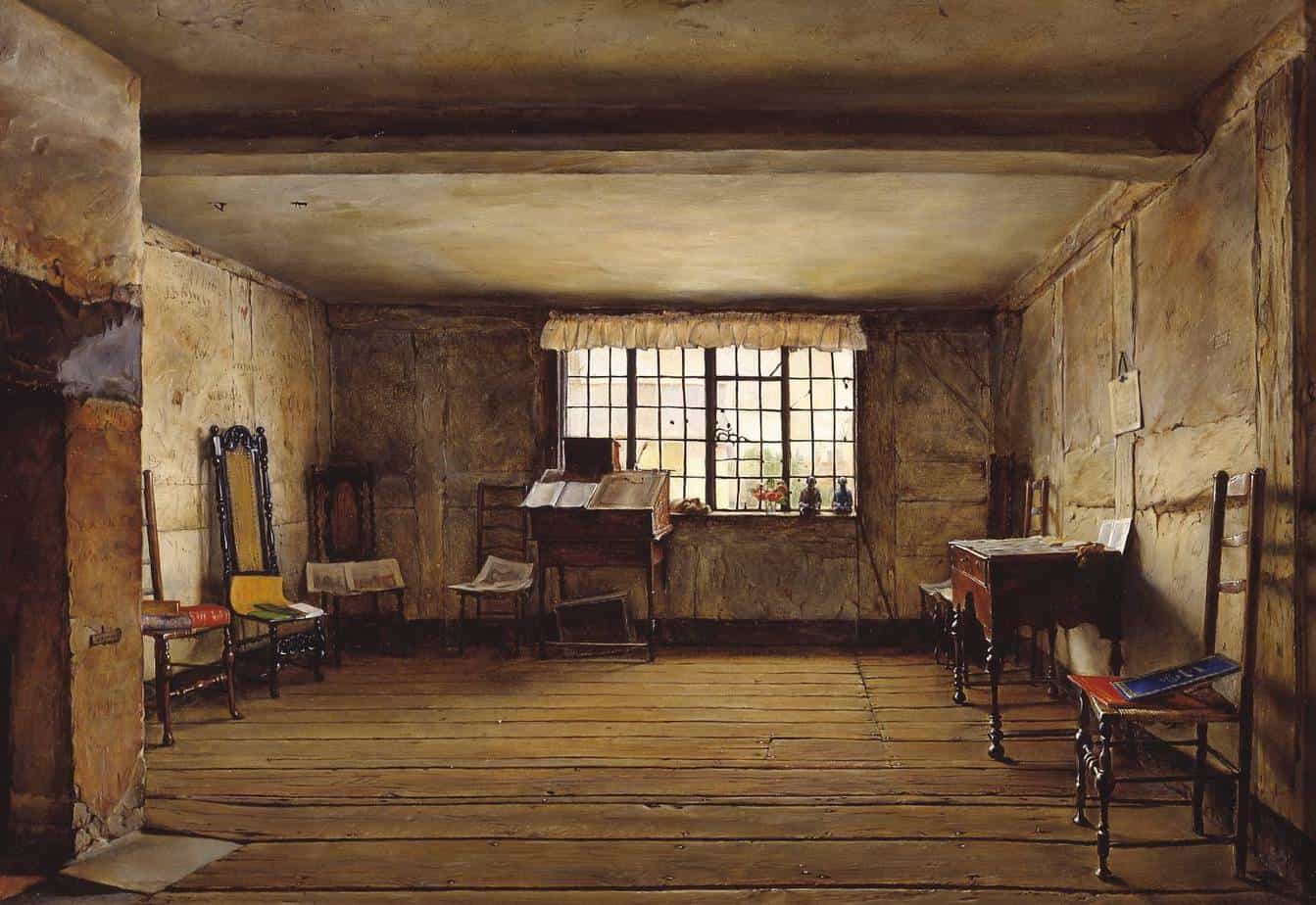
As a writing exercise, describe your own living room, or the living room of someone you know. For inspiration, I offer the following examples from literature. EXAMPLE OF A LIVING ROOM DESCRIBED BY DAPHNE DU MAURIER We were all sitting in the long, low room at Farthings, darker than usual because of the rain. The […]
-
Jack And The Flumflum Tree by Julia Donaldson and David Roberts Analysis
Jack and the Flumflum Tree is a picture book by Julia Donaldson and illustrated by David Roberts. The title suggests this may be a retelling of Jack and the Beanstalk but it’s not really — this is an original tale based on mythic structure with elements of Little Red Riding Hood (the sick grandma) and pirate […]
-
The Paper Bag Princess by Robert Munsch and Michael Martchenko Analysis
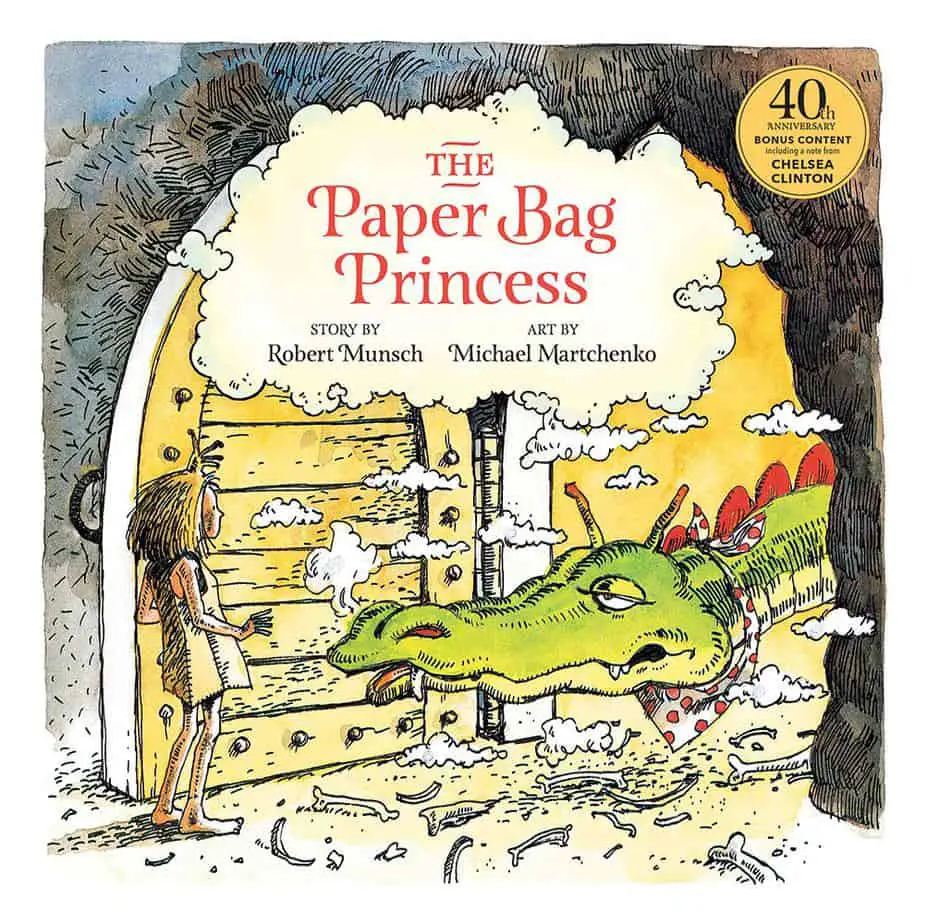
The Paper Bag Princess by Robert Munsch is another feminist picturebook from the 1980s in which a scruffy princess does not end up marrying the prince. In fact, it must be one of the earliest of its kind. It’s published in 1980 and remains one of Munsch’s most popular books.
-
That Is NOT A Good Idea by Mo Willems Analysis
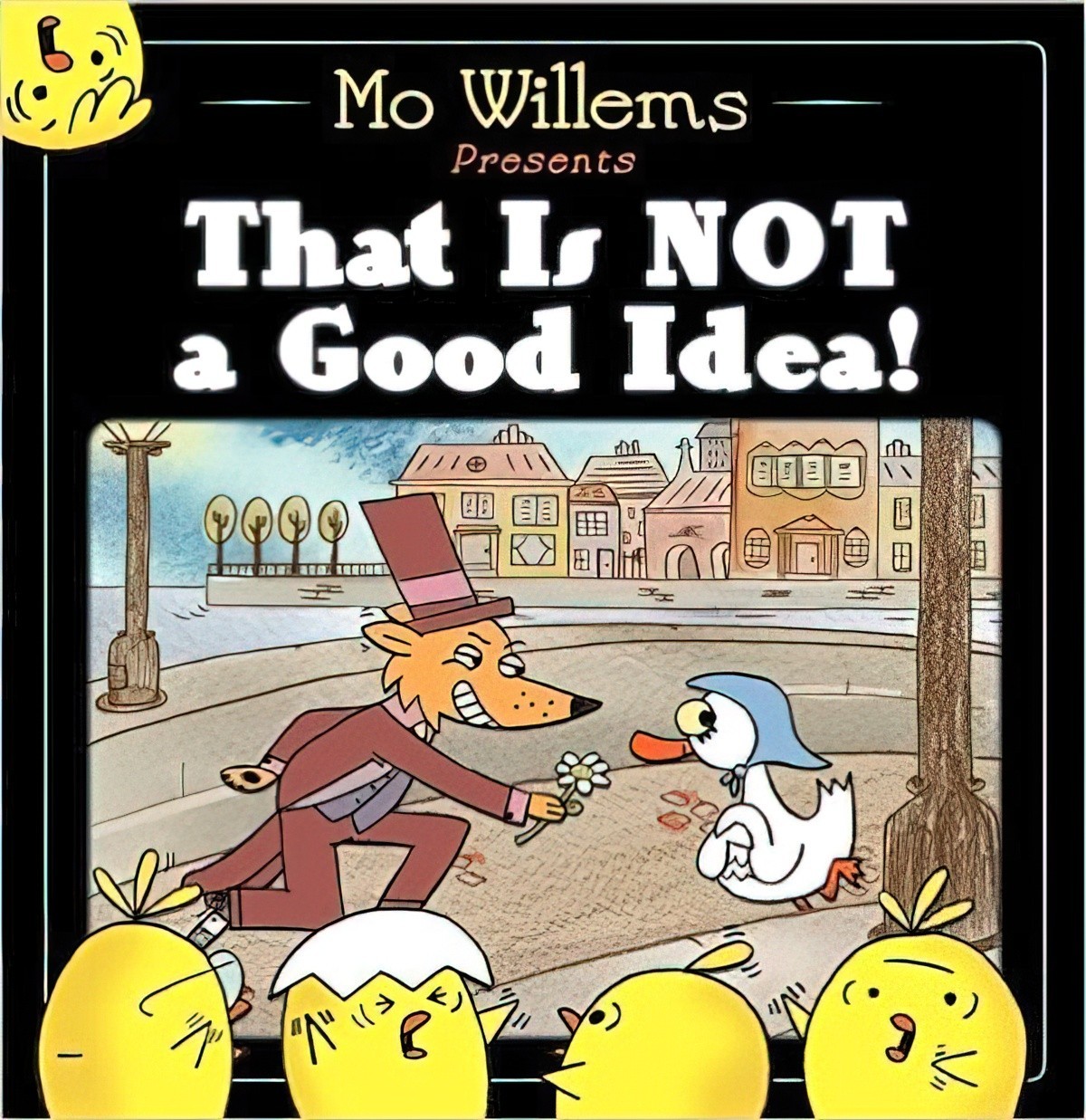
That is NOT A Good Idea is a picture book written and illustrated by the Mo Willems team. This is a funny book which makes use of silent film techniques.
-
Princess Smartypants by Babette Cole Analysis
Princess Smartypants is an example of a children’s picture book which uses gender reversal to tell a story that would never really happen. What if women of high socio-economic status could choose their own marriage/non-marriage partners? The ending plays into the stereotypically MRA fear — if women were allowed autonomy they may choose not to include men at all. […]
-
Pixar vs. DreamWorks
Compared to many people I am no great fan of Pixar, partly because of their continued use of The Female Maturity Principle of Storytelling, partly because I think their films a bit more hit and miss than many critics will admit. But I will say this about Pixar: in comparison to Dreamworks they’re awesome. IMDb has […]
-
Madeline And The Gypsies by Ludwig Bemelmans Analysis
Madeline and the Gypsies is one of the sequels to Madeline a classic picture book by Ludwig Bemelmans. Ludwig Bemelmans named his fictional little girl after his real-life wife. Although if you know any Madelines, you may find her name is spelt (more traditionally) with an extra ‘e’, as was Madeleine Bemelmans’ name. This series […]
-
Bossyboots by David Cox Picture Book Analysis
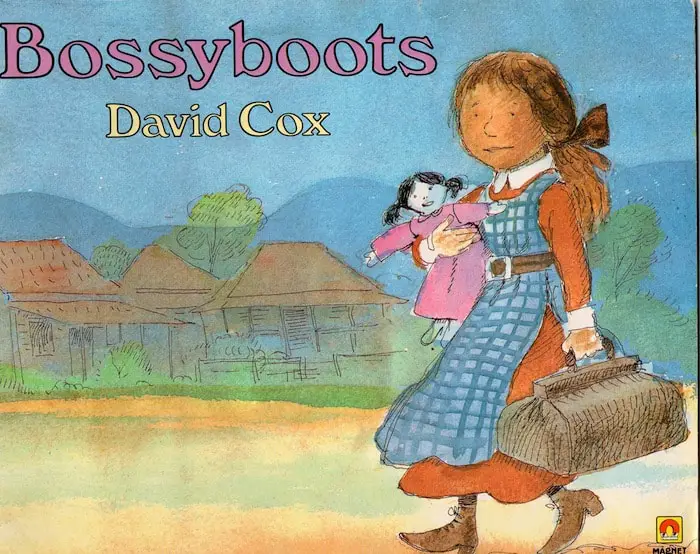
I was very wary picking up a book called Bossyboots to read to my daughter. ‘Bossy’ is a heavily gendered word. There’s no way a book called ‘Bossyboots’ would ever star a boy. So the first thing I checked was the year of publication. 1985, I thought. Well, this could be a good thing. Overtly […]
